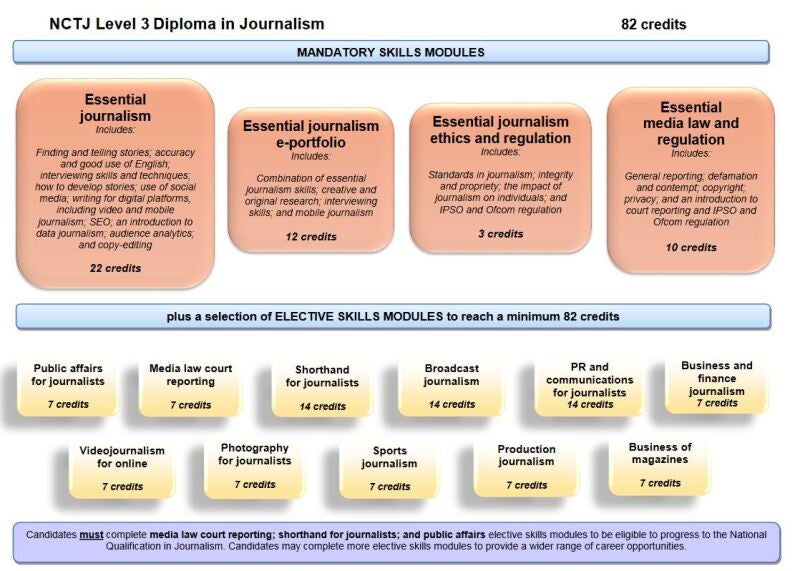
The National Council for the Training of Journalists plans to make shorthand optional for some of the students on its courses.
A shorthand speed of 100 words per minute remains a requirement for those taking an NCTJ in news journalism who want to achieve a “gold standard” pass.
But shorthand will no longer be one of the “mandatory skills modules” for the NCTJ from September under the proposed changes.
These are:
- essential journalism (finding and telling stories)
- essential journalism e-portfolio
- essential journalism ethics and regulation
- essential media law and regulation.
Shorthand is now described as an “elective skills module” as is public affairs for journalists (local and central government). Public affairs and shorthand were previously a core part of the NCTJ syllabus.
Students looking to progress to the National Qualification in Journalism (the senior report test taken after at least 18 months in the industry) must complete modules on shorthand, court reporting and public affairs.
The NCTJ website states: “Candidates may also gain a ‘gold standard’ diploma without shorthand as long as they gain A-C grades in all subjects (plus a pass in the regulation test if a non-broadcast candidate).”
This appears to mean that students on NCTJ courses which aren’t majoring in news could achieve the “gold standard” pass for the first time without shorthand.
Other key changes to the NCTJ syllabus include a mandatory multiple choice test on the Editors’ Code. Candidates studying NCTJ broadcast journalism courses will sit a broadcast regulation exam, focusing on the Ofcom code.
The new changes are set to come into force from September.
Other elective modules offered by the NCTJ under the new syllabus include: PR and communications for journalists, sports journalism, photography for journalists, video journalism for online, business and finance journalism, broadcast journalism and business of magazines.

The NCTJ said it will discuss whether shorthand should remain a required part of its magazine and broadcast courses, as well as becoming part of a new PR and communications course, during a debate on accreditation standards at a conference this month.
Email pged@pressgazette.co.uk to point out mistakes, provide story tips or send in a letter for publication on our "Letters Page" blog
